In the late 1990s, fashion brands like FUBU and Sean John revolutionized streetwear, blending vibrant styles with hip-hop culture. Denim took center stage with labels like Levi Strauss & Co., known for their iconic 501 jeans, and Diesel, famous for unique washes. Sportswear brands like Nike and Adidas shaped both athletic and casual trends, while casual lines like Gap and American Eagle Outfitters captured the essence of youth. With influences from designers like Tommy Hilfiger and Calvin Klein, these brands created a vibrant fashion scene that still resonates today. Keep exploring to uncover more about this colorful era.
Iconic Streetwear Brands
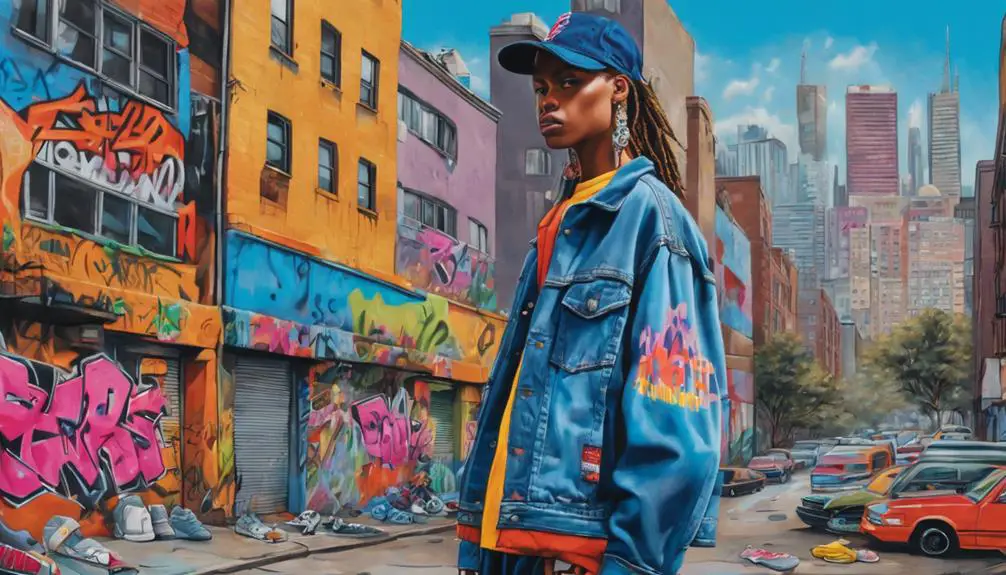
When you think of iconic streetwear brands from the late 1990s, several names unquestionably come to mind. FUBU, which stands for "For Us, By Us," emerged in 1992 and quickly became a cornerstone of hip-hop culture. Its vibrant designs and commitment to supporting black-owned businesses made it a favorite among urban fashion enthusiasts.
The brand's logo evolution mirrored its rise in popularity, showcasing bold designs that resonated with the street scene. You couldn't walk down the street without spotting someone rocking a FUBU shirt or jersey.
Then there's Sean John, launched by Diddy in 1998. This brand revolutionized streetwear with its casual sportswear and luxurious velour suits. It captured the essence of urban fashion while earning accolades, including the CFDA award for Menswear Designer of the Year in 2004.
You'd see celebrities and everyday fans alike embracing its stylish offerings.
Ecko Unltd., which started as a T-shirt brand in 1993, brought graffiti-inspired designs to the forefront of hip-hop culture. Its collaborations with underground artists helped solidify its place in streetwear history.
Phat Farm, founded by Russell Simmons, cleverly merged preppy styles with urban aesthetics, offering a unique blend that appealed to a diverse audience.
Let's not forget Karl Kani, recognized as a pioneer in integrating hip-hop culture into mainstream fashion. His brand became synonymous with oversized silhouettes and bold graphics, perfectly capturing the spirit of the era.
These brands defined late 90s streetwear, shaping not just fashion but a cultural movement that continues to influence styles today.
Influential Denim Labels
Emerging from the vibrant fashion scene of the late 1990s, influential denim labels redefined how people expressed their style through casual wear. Denim brands like Levi Strauss & Co. solidified their status with iconic styles such as the 501 jeans, appealing to diverse demographics. This classic cut became a staple in wardrobes, proving that denim could be both timeless and trendy.
Reebok, known for its athletic prowess, also made a mark with its vintage styles during this era, showcasing how sportswear could blend seamlessly with casual fashion. The brand's evolution, evident in its logo changes, reflects the shift towards more stylish athletic wear in the late '90s, identifying vintage pieces.
Meanwhile, Diesel made waves with its edgy, innovative approach. Known for unique washes and premium quality, Diesel attracted fashion-forward individuals enthusiastic to stand out. If you wanted to make a statement, slipping into a pair of Diesel jeans was a must.
On the hip-hop front, Ecko Unltd. became synonymous with baggy jeans that resonated with urban youth. Originally a T-shirt brand, Ecko's expansion into denim captured the essence of the streetwear movement, making it a go-to choice for many.
In the sphere of high fashion, Calvin Klein Jeans showcased minimalist aesthetics, using provocative advertising to position their denim as essential for casual chic. Their designs were sleek and sophisticated, appealing to those who valued subtlety.
Popular Sportswear Companies
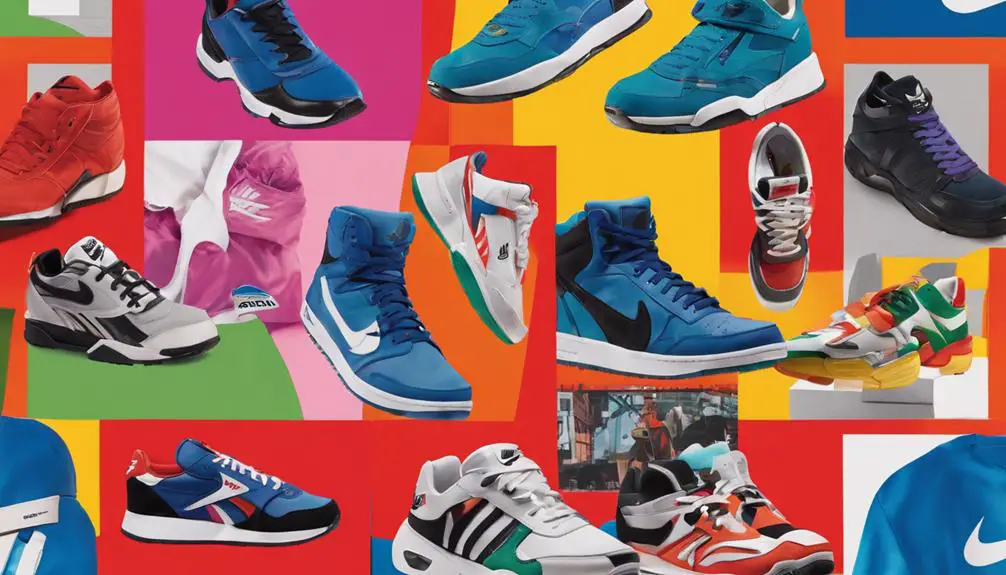
As denim brands captured the casual fashion landscape of the late 1990s, sportswear companies were carving out their own distinct identities. You couldn't walk down the street without seeing brands like Nike, Adidas, and Reebok making waves. Each had its unique approach to blending function and style, changing how you viewed sportswear.
Adidas, for instance, gained prominence during the 1936 Olympics and became a staple in both athletic and streetwear circles with its innovative products and iconic 3-Stripes logo, appealing to your everyday style and sporty vibe.
- Nike: By the late 90s, Nike had solidified its status as a top sportswear brand. Their innovative Air Max sneaker line combined performance technology with a lifestyle vibe that was hard to ignore.
- Adidas: Known for its iconic Superstar and Stan Smith sneakers, Adidas became a staple in both athletic and streetwear circles, appealing to your everyday style and sporty vibe.
- Reebok: With their groundbreaking Pump technology and a dedicated "Fitness" line, Reebok rode the aerobics craze, offering footwear that made working out feel like a fashion statement.
- Puma: Collaborating with high-profile athletes and celebrities, Puma made its mark with stylish track suits that were both functional and fashionable.
Then there's Fila, which tapped into 90s nostalgia with its retro-inspired athletic apparel and sneakers. Their designs resonated with a generation enthusiastic to embrace the past while keeping it fresh.
Each of these brands contributed to a vibrant sportswear scene that's still influential today, proving that sportswear isn't just for the gym—it's a lifestyle.
Notable Casual Fashion Lines
Casual fashion lines in the late 1990s defined a relaxed yet stylish approach to everyday wear. You might remember iconic clothing brands like Gap and Old Navy, which shaped the casual clothing landscape.
Gap, established in 1969, became a go-to for denim and graphic tees, appealing to a wide demographic through effective advertising campaigns and collaborations with celebrities, such as Kanye West in 2021, which shaped its brand image. Gap introduced a private label in 1974, expanding beyond jeans into a range of apparel, making it a household name in casual fashion.
Old Navy, launched in 1994, quickly gained popularity for its trendy styles and affordable prices, making it a family favorite.
Another major player was American Eagle Outfitters, which resonated with teens thanks to its youthful vibe and casual offerings. Founded in 1977, this fashion brand focused on denim and graphic tees, perfectly capturing the essence of pop culture.
Abercrombie & Fitch also made waves during this era, shifting from sporting goods to upscale casual wear. By the late '90s, it became synonymous with preppy styles that targeted teenagers and young adults.
And we can't forget Hollister Co., which launched in 2000 as part of Abercrombie & Fitch. Inspired by Southern California surf culture, it quickly gained traction for its laid-back beachwear and casual styles, appealing to the youth market.
These brands not only defined contemporary clothing but also became staples in many wardrobes. Their influence on casual fashion remains evident, as they catered to the desire for comfort without sacrificing style.
Legacy of 90s Designers
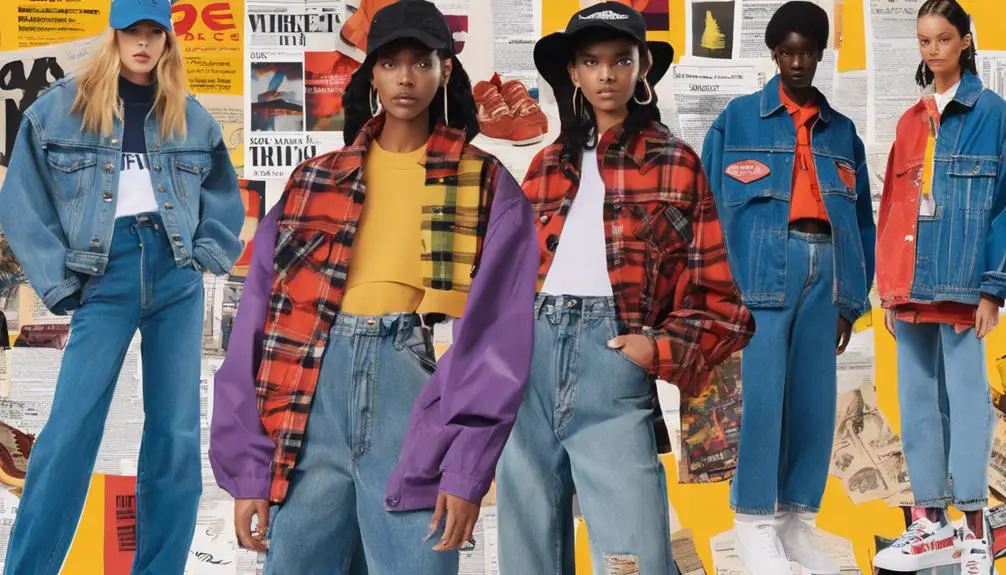
Many fashion enthusiasts recognize the late 1990s as a pivotal era for designers who redefined style and culture. This decade birthed brands that not only influenced fashion but also established lasting legacies.
Designers like Tommy Hilfiger and Calvin Klein blended classic American styles with contemporary aesthetics, shaping the landscape of clothing and branding. Their marketing campaigns often featured bright colors and a youthful vibe, making them resonate with consumers.
The era also saw the emergence of vintage Ralph Lauren, which became synonymous with luxury casual wear, appealing to a wide audience through its timeless designs.
Here are some key elements of the legacy left by 90s designers:
- The strong connection between fashion and music, with brands like FUBU and Sean John embracing hip-hop culture.
- The rise of luxury casual wear, thanks to Ralph Lauren and Gucci, who made upscale clothing accessible for everyday life.
- Collaborations between designers and celebrities that elevated brand visibility, such as Aaliyah with Tommy Hilfiger.
- The resurgence of vintage styles today, where contemporary brands draw inspiration from the bold colors and casual silhouettes of the 90s.
The influence of 90s designers is evident as you see their designs reimagined in modern collections.
It's amazing how the fashion world cycles back, incorporating elements from this iconic decade. As you explore today's brands, you'll notice echoes of that vibrant era, proving that the legacy of 90s fashion isn't just a memory; it's a living influence shaping the styles we wear now.
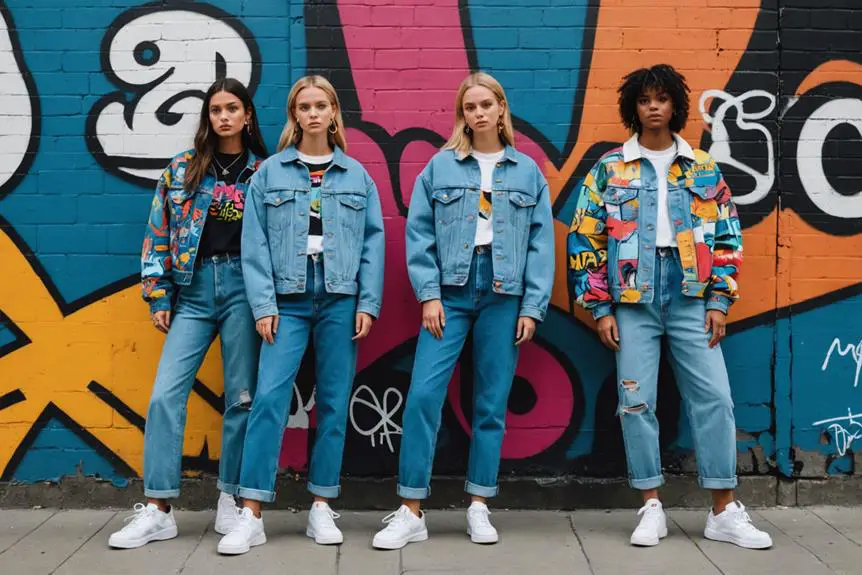

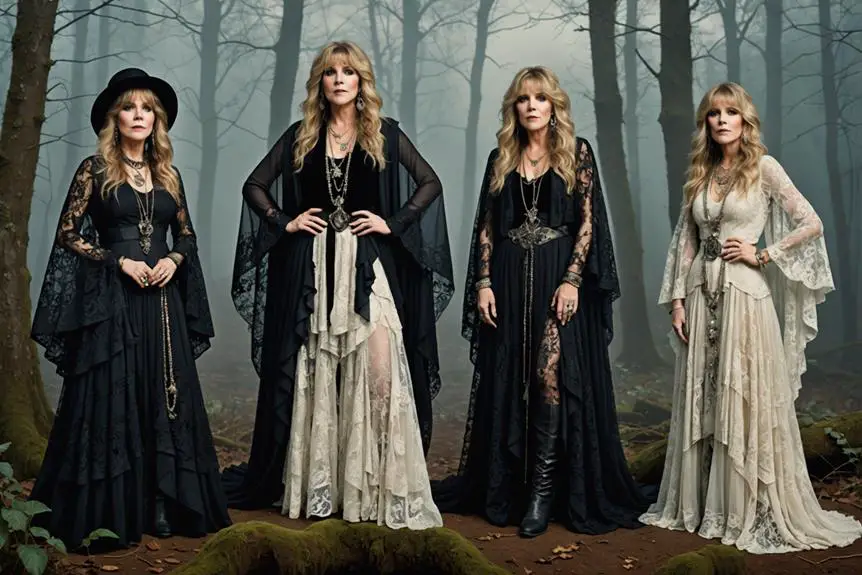
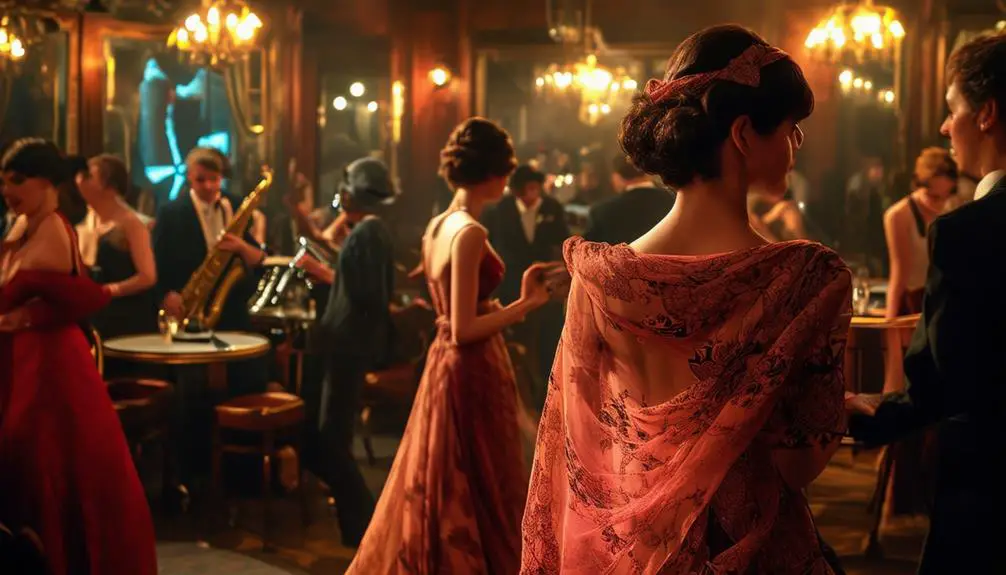
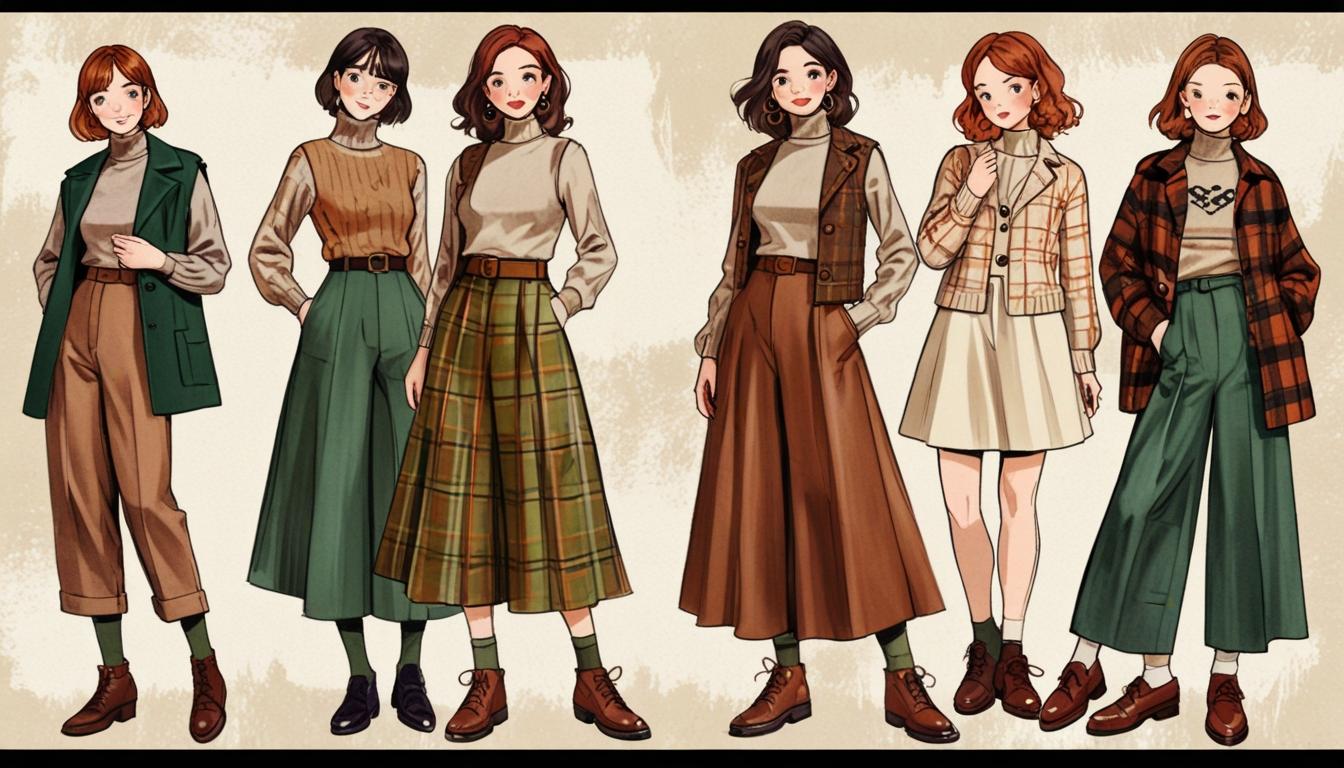
Great post. I was checking constantly this blog and I am impressed!
Very helpful info specifically the last part 🙂 I care for
such information a lot. I was seeking this certain info for a
long time. Thank you and best of luck.
Great article, totally what I needed.
Hi, I do believe this is a great web site. I stumbledupon it 😉 I’m going to return yet again since I book marked it.
Money and freedom is the greatest way to change, may you be rich
and continue to guide other people.
It’s remarkable to pay a quick visit this website and reading thee views of all colleagues about this piece of writing, while I am also zealous of getting experience.
Dive into the epic realm of EVE Online. Shape your destiny today. Fight alongside thousands of explorers worldwide. [url=https://www.eveonline.com/signup?invc=46758c20-63e3-4816-aa0e-f91cff26ade4]Join now[/url]
Good post. I’m experiencing a few of these issues as well..
I really like reading through an article that will make men and women think.
Also, thanks for permitting me to comment!
Launch into the vast universe of EVE Online. Test your limits today. Conquer alongside hundreds of thousands of pilots worldwide. [url=https://www.eveonline.com/signup?invc=46758c20-63e3-4816-aa0e-f91cff26ade4]Free registration[/url]
I absolutely love your blog.. Pleasant colors & theme. Did you build this amazing site
yourself? Please reply back as I’m looking to create my own personal blog and want to know where you got this from
or exactly what the theme is named. Many thanks!
It’s awesome to pay a quick visit this site and reading the views of all mates
on the topic of this paragraph, while I am also zealous of getting know-how.
very interesting info ! .
https://jekyll.s3.us-east-005.backblazeb2.com/20251013-2/research/je-marketing-(118).html
Next, consider what silhouettes work greatest on your body type
and what options you want to spotlight.
https://filedn.eu/lXvDNJGJo3S0aUrNKUTnNkb/marketing-719/research/je-marketing-(420).html
Guests love to watch the joy and pride appear in your face as
you watch your daughter marry their finest good friend.
https://je-tal-marketing-951.lon1.digitaloceanspaces.com/research/je-marketing-(62).html
You could combine the monochrome twinset with white or
black pants.
https://je-tal-marketing-979.lon1.digitaloceanspaces.com/research/je-marketing-(147).html
This mother wore a standard hanbokwith floral and
geometric embroidery to her daughter’s California ranch marriage ceremony.
?????????? ?????? ???????? ?????????? ?????????? ??????, ? ??????? ??????? ???????? ??????? ? ?????? ?? ?????????? ????????. ??? ?????????? ????? ??????? ??? ??? ??????????????, ??? ? ??? ???, ??? ?????? ???????? ??????? ????. ??????? ?????? ?? ?????? ??????? ? ????????? ???? ??????!
???????? ?????????????? ?????????? – https://vivod-iz-zapoya-1.ru/